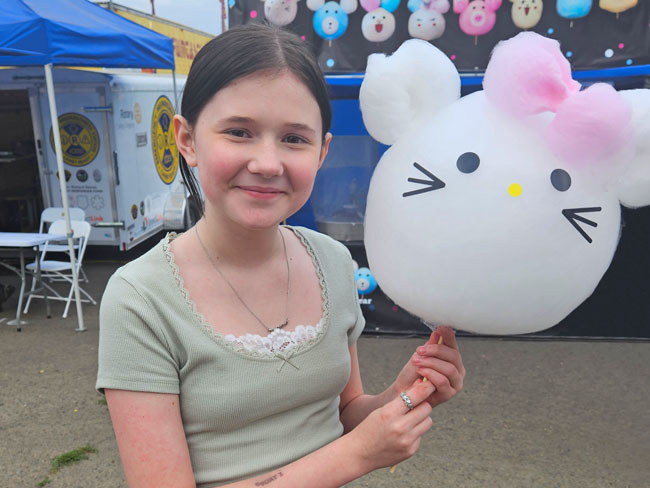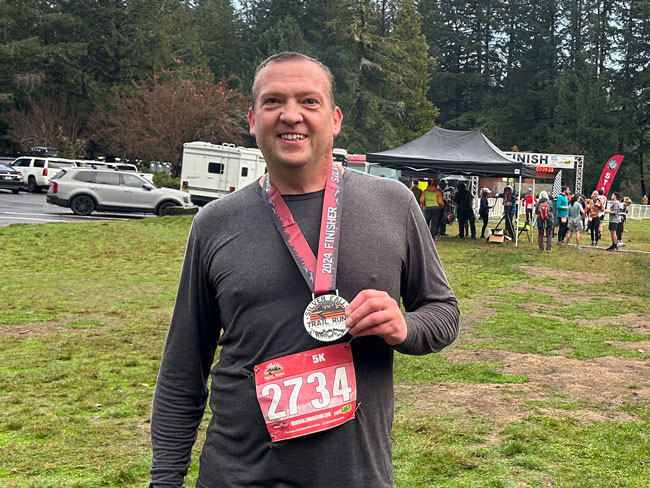Mental health and wellness
Your mind and body are connected. We help you take care of both. Find the latest news, self-care tips, and ways to end stigma and support others.
Preteen overcomes anxiety
A young Kaiser Permanente member speaks up to gain the mental health support she needs with the help of a model called feedback informed care.
More about mental health and wellness
Kaiser Permanente Home











